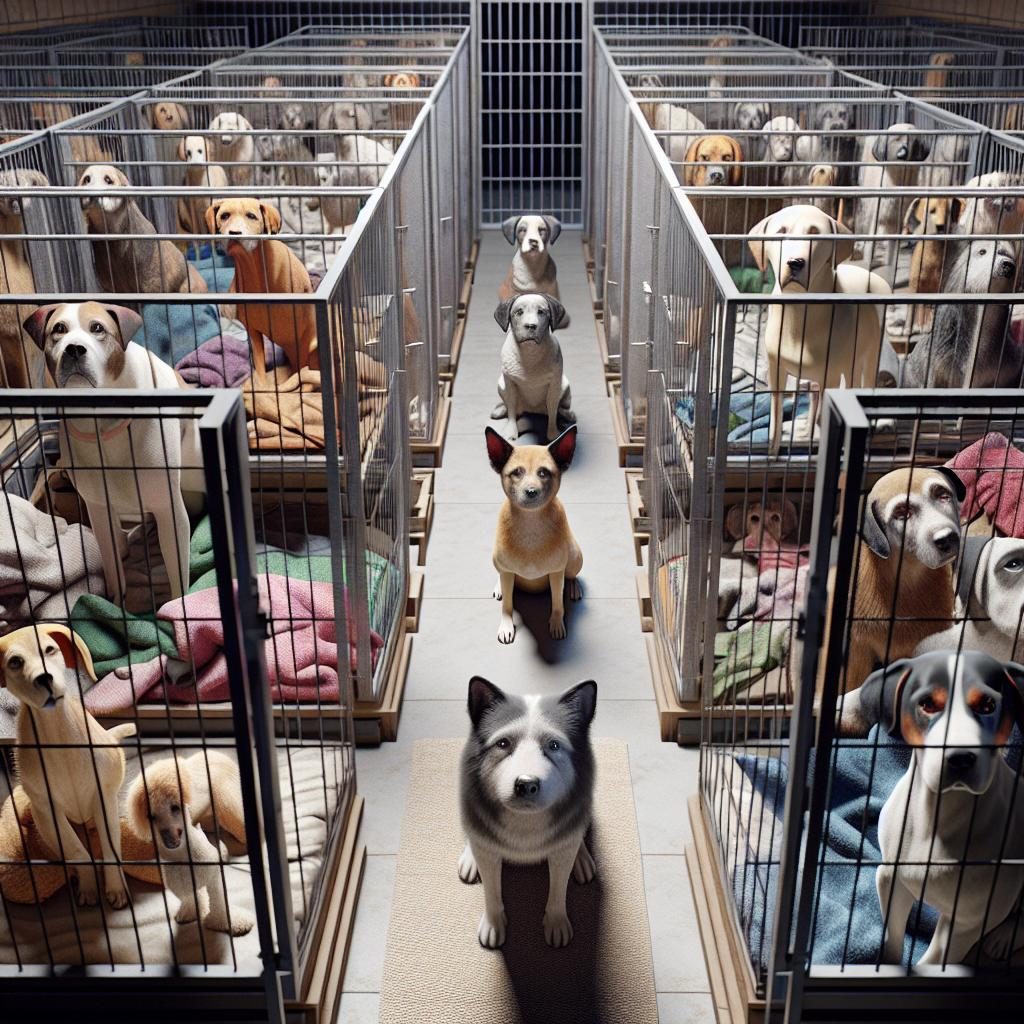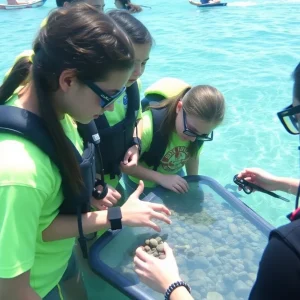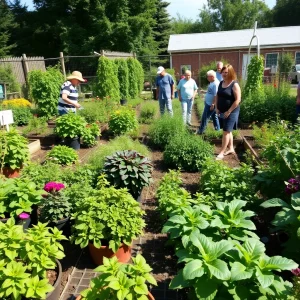Columbia Faces Canine Respiratory Illness Outbreak
In the charming city of Columbia, S.C., a worrying health situation has emerged at the local animal shelter. Unfortunately, dogs at the Columbia Animal Shelter are battling a respiratory illness outbreak. According to city officials, it seems that this issue was introduced by an outside source, compounding the complexity of the situation. The illness in question is caused by a virus known as canine pneumovirus.
Understanding Canine Pneumovirus
This pesky virus spreads through saliva and nasal discharge, making it all the more concerning for both the dogs in the shelter and the dedicated teams working there. Dogs showing symptoms like coughing, loss of appetite, lethargy, sneezing, a runny nose, and fever are particularly at risk. This kind of outbreak is not something that the shelter staff or the community takes lightly.
As part of their immediate response to the crisis, the Columbia Animal Shelter has decided to limit their intake for the next two weeks. They will only be accepting dogs that are sick, injured, or are victims of animal cruelty. This decision ensures that the shelter can focus on providing proper care for the animals already affected and prevents further spread of the illness.
The Shelter’s Response
Michael Sniezek, the general manager of the animal rescue Final Victory, weighed in on the situation, expressing how rapidly these outbreaks can spread within a shelter environment. He explained, “In a shelter environment, it’s so easily transmitted because dogs are constantly being moved, with new ones coming in and others going out.” Sniezek remains hopeful that the situation will stabilize in a couple of weeks.
During a recent visit to the Columbia Animal Shelter, Sniezek picked up three dogs, one of which tested positive for the virus. Thankfully, they are equipped to handle such situations at their rescue, allowing them to quarantine this dog for an additional ten days.
Treatments Underway
In a proactive step, the staff at the Columbia Animal Shelter is currently treating the affected pups with antibiotics and supplying them with extra fluids, all while keeping a vigilant eye on their condition, supported by the shelter’s veterinarian.
Community Care and Prevention
Brittin Padgett, a veterinary practice manager and founder of Saving Saluda Strays, acknowledged that the decision to limit admissions was a tough call. However, she firmly believes they made the right move to protect the health of the animals. Padgett emphasized the importance of spaying and neutering pets as a preventive measure against such outbreaks, noting that it helps minimize the number of unwanted litters and reduces the burden on shelters and rescue organizations.
It’s reassuring to know that, as long as your furry friend at home is up to date on their vaccinations and preventative medicine, they should not be affected by this outbreak. Being proactive with your pet’s health can go a long way to ensure they’re safe during such challenging times.
Looking Ahead
As Columbia navigates this challenging period, the emphasis remains on ensuring the well-being of every pet. With community support and diligent efforts from local animal shelters, there is hope that the outbreak will soon be under control, allowing all our four-legged friends to thrive again.


























